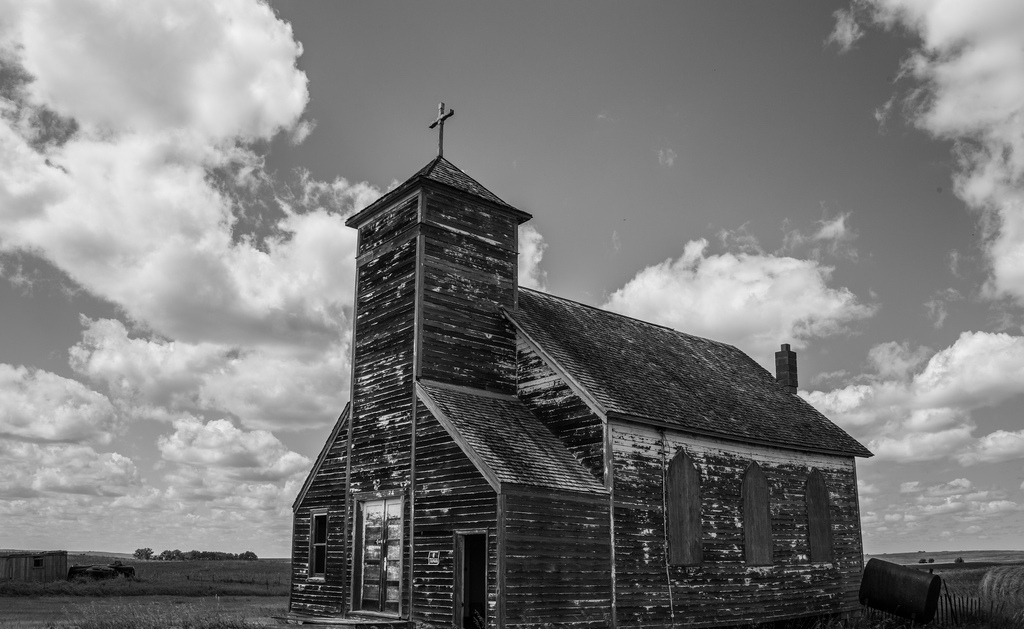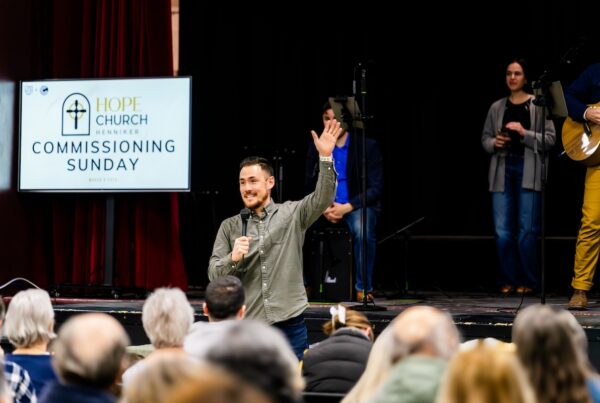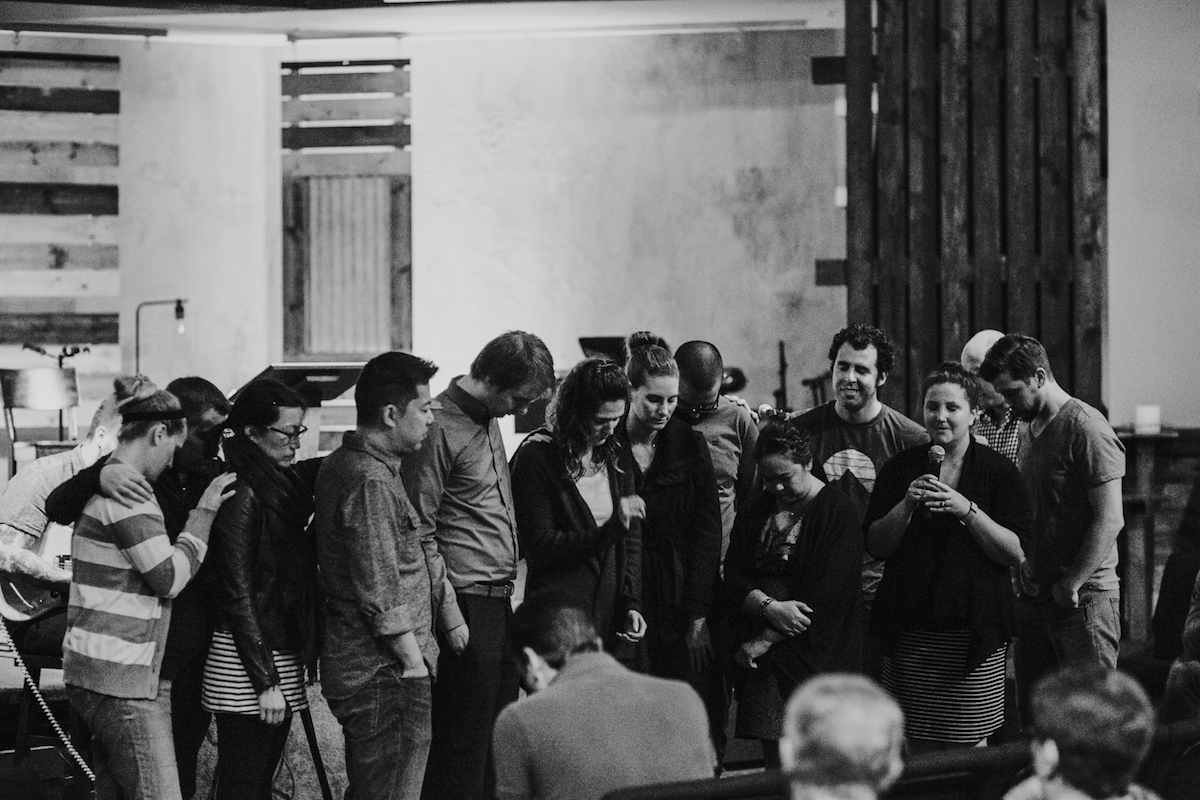Church planting is hard, but so is church revitalization. In a plant, you get to write the rulebook. In a “revi,” the book has been written, approved, codified, and embedded in every structure and system (or lack thereof) for years.
In 2006, I accepted the role of senior pastor at Foothill Christian Center, a nominal Pentecostal church running about 140 people. There hadn’t been a baptism in the church for at least 10 years and no recorded salvations for longer. The church was solidly Arminian, mostly egalitarian, and thoroughly in need of an overhaul.
About 6 weeks into my new pastorate, two women walked into my office to inform me that the church had a history of sexual sin and blatant disobedience. They told me about a young girl who had been molested by a leader who was still in the church and was never confronted; about a former board member who was a cross-dresser; about a church member who came to church drunk almost every Sunday, and invited his girlfriend to “sleepover” every night without concern for his teenage sons and daughter. I considered quitting.
Before I accepted the position, I thought the church just needed new leadership. I had a picture in my mind of a car that had taken a wrong turn and simply needed someone to steer it back onto the highway, a course correction. My picture couldn’t have been more wrong. It was still a car but it was turned over, in a ditch, covered by weeds and beer cans, with a rusted out engine, and a couple of bodies in the trunk. This was more than I bargained for. I was in way over my head.
So, I got angry. Angry at the board. Angry at the pulpit committee. Angry at the congregation. Angry at God. When that failed to produce anything, I did the next most spiritual thing I could think of: I decided to go on an extended fast. Nothing less than God’s supernatural intervention was going to revitalize this church.
Fast forward to present day. By God’s grace, Foothill Church is now solidly reformed, joyfully complementarian, and essentially continuationist. In the last 10 years, we’ve baptized nearly 400 people. The church has grown. People are responding to the gospel and getting connected into vital gospel community.
What happened? Was it the fast? Well, yes and no. God didn’t change the church, but he did change me. Attendance didn’t explode. There were no visions promising, “Arise Chris, go forth and lead ye the throngs!”
What God gave me was the grace to persevere. He helped me to stop feeling sorry for myself. He caused me to roll up my sleeves and get to work. He led me to do some very practical things that yielded some very real results.
We got some things right, a lot of things wrong, and learned a bunch of valuable lessons along the way.
We got a few things right.
- We changed our name.
Somebody in the 80s decided that calling the church “Foothill Center” would help it feel less churchy, even though it was a church. In 2006, people in the community didn’t know what to think about us: were we a YMCA? A convention center for Christians? We decided to cut through the fog and just say what we were, changing the name to Foothill Church. - We narrowed our focus.
We were trying to do much. We had a Sunday morning visitor’s breakfast that felt like an awkward family reunion. We had Sunday school, Sunday church, “specials,” kid’s choirs, Wednesday night Bible study, Royal Rangers, and Missionettes (think Boy/Girl Scouts meet Pentecostalism). In other words, we were doing a lot of things poorly and few things well. So we narrowed our focus to five things we wanted to do well: Preaching, worship, youth/children, home groups, and outreach. The first two kept our focus on Sundays, the next two, on equipping and discipling people, and the last one on looking beyond our walls. - We moved into a space that “fit.”
In 2006 we were meeting in our school’s gymnasium (did I mention we had a school? Again… another story!). We were swallowed up in a room that could easily seat 600. By God’s grace, the original church building was around the corner. It sat around 200 and fit like a glove. I understand most churches don’t have that luxury, so I always recommend getting creative to try to reduce an oversized room. Use pipe and drape. Try to shrink the size of the room without being awkward. - We built systems.
Every time we built a system (visitor assimilation, growth groups, volunteers, children, youth, etc.) we grew. Systems simply became the infrastructure that helped bear the weight of a growing church. In fact, we noticed that when we lacked a system in an area, we also lacked strength in that area, and couldn’t grow.
We got a few things wrong.
- Sometimes, we moved too fast.
Mark Dever would not have been happy with me. If I could do it over again, I’d like to think I would be more patient in shepherding people and helping them see and long for the greener pastures of change. - I started with some stupid/arrogant assumptions.
I thought, “If I preach and pray, growth will just happen.” It didn’t. Preaching and prayer are absolutely necessary but you can’t build a church without leadership. I thought, “People are ready to volunteer. They just need to be asked.” They weren’t. People don’t volunteer until they see how it connects with the vision. I thought, “The congregation is ready for change.” They weren’t. They were theoretically ready until it became real. They needed a leader to help them understand why the changes were necessary to accomplish the vision.
And we learned some lessons along the way.
- We learned to give people a “head’s up.”
Change comes much easier when people know it’s coming. We’ve learned over the years how to manage change. We start with a small group of people and move outward. We have informal “chats” with key people in the church to get a read on the congregation. We create whisperers who talk about change, not to gossip but to slowly get the word out. We create internal FAQs to force ourselves to think through all the questions people will ask. All of these things set the stage for change. - Some people need to leave, and you need to help them.
Some people will never get on board with the new vision, and some may even actively try to oppose you. They need to leave and you need to help them. In fact, moving on to a different church might be the most spiritually healthy thing they can do. It may force them to obey and submit to their leaders (Hebrews 13.17) because they have lost their status as power brokers. - Room size and cleanliness matter, especially to the un-churched.
People notice everything. Smelly bathrooms. Dirty trashcans. Lack of signage. Cavernous rooms. Uncomfortable seating. All of that matters, especially when you’re trying to reach people who don’t go to church. So we try to regularly look at our facilities, signage, and room set up like it’s our first time. We give our rooms the smell test. If it smells like animal crackers and dirty diapers, we need to do something.
Obviously, revitalization is more than room size and name changes. It’s prayer, fasting, preaching, teaching, shepherding. But it’s also systems, structures, programming, and facilities. It’s not either/or, but both/and.
And it isn’t for the faint of heart. It’s hard. It’s frustrating. It’s tedious. But it’s worth it. I love Foothill Church and I tell the people all the time, “I’m not going anywhere. I hope I die here but not because you kill me, but because I don’t ever want to leave.” Ten years ago, I couldn’t imagine a church in worse condition than Foothill Church. Today, I can’t imagine ministry without it.
Chris presented this material at Engage 2017, Acts 29 US West’s annual conference. You can read posts from other speakers at Engage on our blog.











